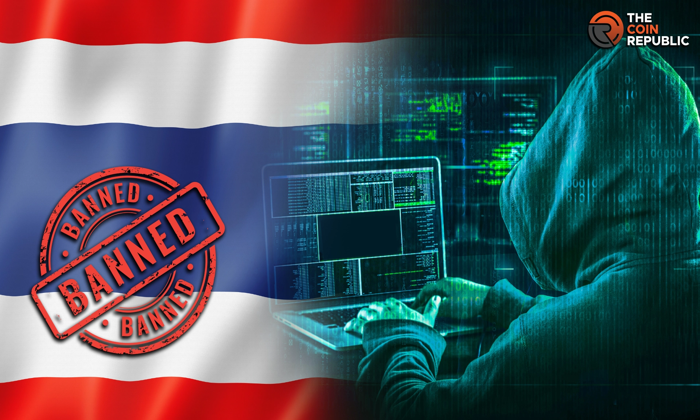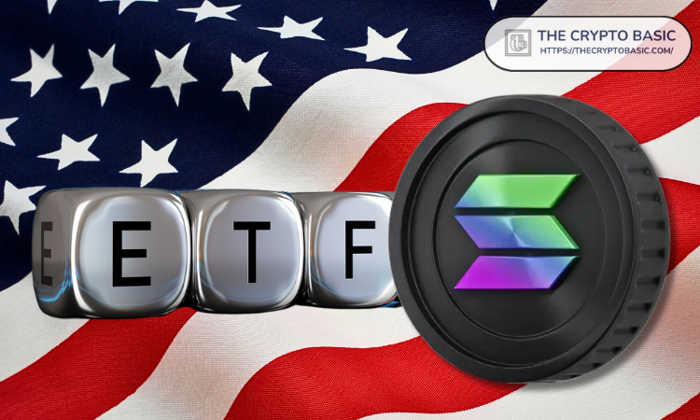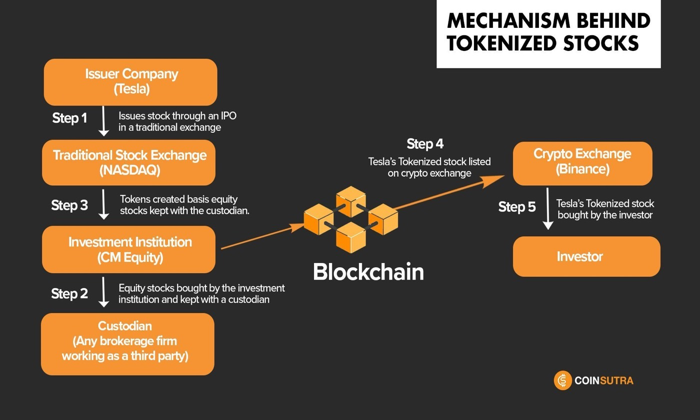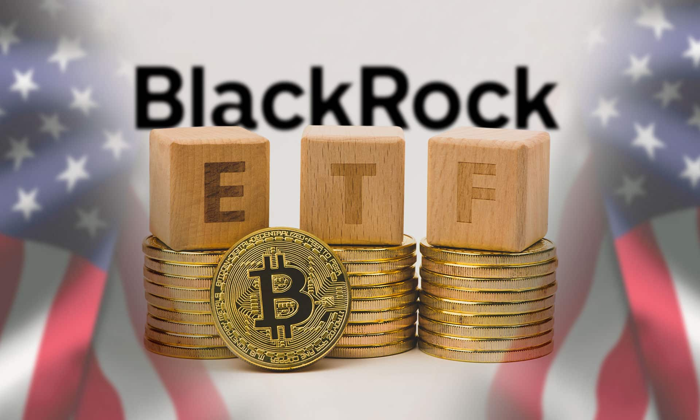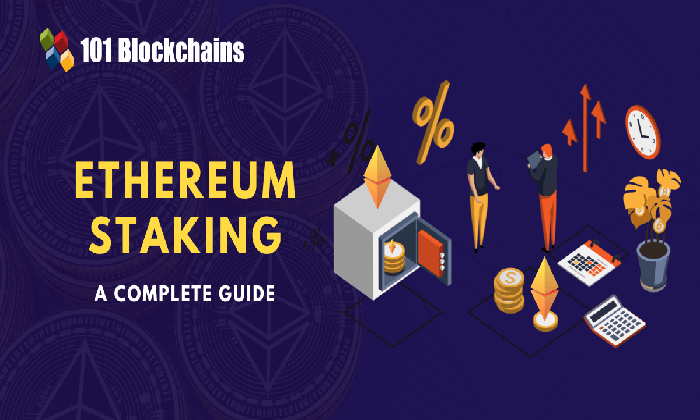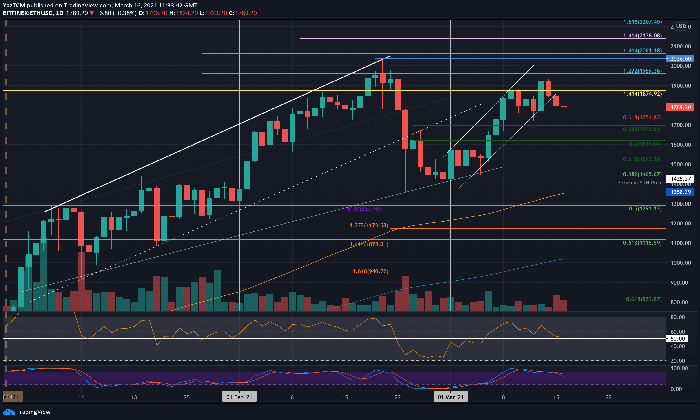In a significant turn of events, Thailand’s crypto exchanges ban on platforms like Bybit and OKX has raised eyebrows across the digital asset community. With concerns over unlicensed operations and potential money laundering activities, the Securities and Exchange Commission (SEC) has mandated the shutdown of these exchanges by June 28. This drastic step aims to protect investors in a rapidly evolving market that has seen a surge in unauthorized trading platforms. The Thailand SEC announcement highlights the government’s commitment to enforcing strict crypto regulations in order to safeguard its citizens from financial fraud. As the landscape of Thailand’s digital assets evolves, stakeholders are left contemplating the implications of this ban on the broader cryptocurrency ecosystem within the nation.
Thailand’s recent actions against unauthorized cryptocurrency exchanges signal a pivotal moment in its digital asset landscape. The government, through its regulatory bodies, is striving to create a secure trading environment while addressing issues of compliance and security within the crypto space. The decision to block platforms like Bybit and OKX is reflective of a broader trend where many countries are wrestling with how to effectively regulate cryptocurrency to prevent illicit activities. Initiatives stemming from the Thailand SEC’s announcement underscore the delicate balance countries must maintain between fostering innovation and ensuring investor protection. As the regulatory framework evolves, many are looking now at how these developments will reshape the future of cryptocurrency trading in Thailand.
Impact of Thailand’s Crypto Exchange Ban on Investors
The recent ban on prominent cryptocurrency exchanges such as Bybit, OKX, and others has significant implications for investors in Thailand. The SEC’s decision stems from concerns over unregulated operations and potential money laundering activities. Investors who utilized these platforms are now faced with a crucial deadline before the June 28 shutdown. This urgency mandates that they reconsider their asset management strategies, as investments held on these platforms may be at risk if alternate measures are not taken in time.
Moreover, the regulatory landscape in Thailand is shifting rapidly, as the government’s intent to protect investors and uphold financial stability is prioritized. Following strict guidelines, investors must remain vigilant about the authorized platforms for trading to safeguard their assets. The Thailand SEC announcement reflects a growing concern over the integrity of digital asset exchanges, urging investors to avoid the pitfalls of relying on unlicensed services. Adhering to this guidance will be essential for navigating the complex ecosystem of cryptocurrency trading in Thailand.
Understanding Crypto Regulation in Thailand
Crypto regulation in Thailand has become a focal point as authorities aim to balance innovation with investor protection. The recent actions against exchanges like Bybit and OKX highlight the strict measures employed to enforce compliance within the cryptocurrency market. The Royal Decree on Digital Asset Businesses serves as a foundation for these regulations, establishing clear guidelines that exchanges must follow to operate legitimately. Thus far, the government’s proactive stance has established a foreign exchange environment that prioritizes legal compliance while clamping down on illicit activities.
Additionally, the Thai government’s strategy encompasses broader initiatives, as seen in their attempt to integrate digital assets into the traditional financial framework. By licensing certain stablecoins for trading and fostering tourism-related cryptocurrency services, the Ministry of Finance showcases a willingness to embrace technology within regulated boundaries. Engaging in these developments allows stakeholders to better understand the regulatory climate and prepare for inevitable changes in the market, ultimately ensuring a safer investment environment.
The Role of the Ministry of Digital Economy and Society
The Ministry of Digital Economy and Society (MDES) plays a critical role in monitoring and enforcing compliance among cryptocurrency exchanges in Thailand. With the authority to block unauthorized platforms, MDES acts as the primary regulatory body ensuring that digital asset operations align with national laws. Recent amendments to the emergency decrees concerning digital asset businesses empower the ministry to take rapid action against exchanges that fail to obtain the necessary local licenses.
Moreover, the MDES’s initiatives reflect Thailand’s commitment to combating cybercrime and protecting investors amidst the growing threat of technology-related crimes. This proactive approach includes educating the public about the risks associated with unlicensed trading platforms and actively warning against potential scams. By fostering a safer digital ecosystem, the MDES aims to encourage legitimate business practices, enhancing trust among investors in the Thai cryptocurrency market.
The Future of Digital Assets in Thailand
As Thailand continues to reshape its regulatory framework around digital assets, the future appears cautiously optimistic. The ban on exchanges like Bybit and OKX signals a strong regulatory commitment, but also a need for established guidelines that embrace technological advancements. With ongoing discussions around integrating cryptocurrencies into everyday transactions and government initiatives like issuing digital investment tokens, the approach seeks to leverage the benefits of blockchain technology while simultaneously safeguarding investor interests.
There is a clear recognition of the potential that digital assets hold for economic growth, as seen in the government’s efforts to allow cryptocurrency use among tourists and promote legal stablecoin trading. As Thailand pursues further collaboration with regulatory bodies, it is likely that the digital asset environment will evolve to include a more comprehensive regulatory framework, thus attracting domestic and international investors looking for secure channels to engage with cryptocurrencies.
Bybit and OKX: Responses to the Ban
Following the announcement of the ban, neither Bybit nor OKX has issued a formal response, leaving many investors anxious about their investments. This lack of communication from the exchanges highlights the uncertainties faced by users, as no clear explanation or potential course of action is communicated regarding funded accounts. Investors whose holdings are tied up in these platforms may find themselves in a precarious situation as the June 28 deadline approaches.
It is vital for users to be proactive in managing their assets during this period of uncertainty. Engaging with official updates from local regulators, including the Thailand SEC, can provide clarity on alternative platforms for trading and withdrawal processes. With the emphasis placed on investor protection, those affected by the ban are urged to make informed decisions to mitigate potential losses stemming from the shutdown of these exchanges.
The Broader Implications of Thailand’s Crypto Decisions
The implications of Thailand’s ban on unlicensed exchanges extend far beyond the immediate closure of platforms like Bybit and OKX. It serves as a wake-up call for investors and market players to heed the importance of operating within the legal frameworks established by the Thailand SEC. As governments worldwide grapple with the rapidly changing landscape of digital assets, Thailand’s approach may serve as a precedent, encouraging other nations to adopt similar regulatory actions.
Furthermore, the actions taken by Thai regulators aim to deter fraudulent activities and establish a more secure trading environment. By emphasizing lawful operation, Thailand is not only protecting its investors but also enhancing its reputation as a safe haven for serious crypto investments. This positioning can attract legitimate businesses looking to operate in the region, ultimately fostering a more robust cryptocurrency ecosystem that benefits all stakeholders.
Monitoring Money Laundering in Crypto Transactions
The crackdown on unregulated exchanges by Thailand’s SEC aims to mitigate the risks associated with money laundering, a pervasive concern within the cryptocurrency domain. By adopting stringent regulatory measures, authorities are actively working to eliminate platforms that facilitate illegal transactions and are out of compliance with local laws. This focus underscores the vital connection between crypto regulation Thailand and the enforcement of anti-money laundering (AML) protocols.
To ensure that investors are not unwittingly complicit in illicit activities, the SEC encourages thorough vetting of digital asset exchanges. As part of its investor protection mandate, the agency aims to create a transparent environment that prohibits the use of cryptocurrency for financial crimes. Strengthening regulations and monitoring activities in this area is crucial for improving the overall integrity of the digital asset sector in Thailand.
Investor Education and Awareness in a Changing Landscape
In light of the recent closing of various crypto exchanges, investor education has never been more important. The goals of the Thailand SEC extend beyond mere enforcement to include awareness initiatives that better inform the public about the risks associated with unlicensed exchanges. As cryptocurrency adoption continues to rise, educating investors on the safe practices and legitimate trading platforms becomes paramount.
Investment decisions should be aligned with informed knowledge; therefore, resources are being made available to help individuals understand the regulatory environment and know their rights. Transparency is crucial, and the more equipped investors are to navigate the complexities of crypto trading, the better protected they will be against potential pitfalls, scams, and losses due to recent regulatory actions.
The Integration of Crypto in Thailand’s Financial System
Thailand is actively seeking to integrate cryptocurrencies within its broader financial system, exemplified in the government’s move toward allowing tourists to use digital currencies for transactions. This strategic approach aims to modernize the country’s economic framework and enhance its competitive edge in Southeast Asia’s burgeoning digital economy. Despite the restrictions on certain exchanges, the overall vision includes fostering an environment where cryptocurrencies can thrive under proper regulations.
The efforts by Thailand’s Ministry of Finance and related bodies indicate a balanced perspective that values both innovation and regulation. As a result, the landscape for digital assets may soon evolve to allow more integration into everyday financial activities. With increased investment in infrastructure and consumer awareness, Thailand could emerge as a key player in the global cryptocurrency market.
Frequently Asked Questions
What is the Thailand crypto exchanges ban and its impact on Bybit and OKX?
The Thailand crypto exchanges ban refers to the government’s decision to block platforms like Bybit and OKX due to their unlicensed operations. This measure was put in place by the Thailand SEC to protect investors from potential scams and money laundering. As a result, users of these exchanges must take precautionary actions regarding their assets before the shutdown date, which is set for June 28.
What are the reasons behind the Bybit ban in Thailand?
The Bybit ban in Thailand was implemented due to the exchange operating without a valid local license and concerns about enabling money laundering activities. The Thailand SEC’s crackdown aims to protect consumers and uphold the integrity of the nation’s digital asset framework.
How does the Thailand SEC announcement affect cryptocurrency users?
The Thailand SEC announcement directly affects cryptocurrency users who utilize banned platforms like OKX and Bybit. Users need to secure their funds and potentially withdraw assets before the nationwide blockade takes effect, as transactions conducted through these unlicensed services may not be protected under Thai law.
What measures is Thailand taking regarding crypto regulation?
Thailand is enhancing its crypto regulation to prevent unauthorized digital asset services from operating in the country. Recent government actions, such as the crackdown on exchanges and approval for using Tether and USDC, signify a move towards a more structured and secure environment for digital assets in Thailand.
How are foreign cryptocurrency platforms impacted by the Thailand crypto exchanges ban?
The Thailand crypto exchanges ban primarily targets foreign cryptocurrency platforms like Bybit and OKX, classifying them as digital asset exchanges under local laws. This regulation aims to deter foreign players who operate without appropriate licensing, ensuring that only compliant services can function within Thailand.
Are there any repercussions for using unlicensed crypto exchanges in Thailand?
Yes, using unlicensed crypto exchanges in Thailand poses significant risks, such as exposure to scams and lack of legal protections. Following the Thailand SEC’s announcements, users are encouraged to transition to licensed platforms to avoid potential monetary loss and legal complications.
What is the significance of the Thailand SEC’s action against crypto exchanges?
The Thailand SEC’s actions against crypto exchanges like Bybit and OKX convey the government’s commitment to fostering a safe digital economy. By restricting unlicensed operations, Thailand aims to better regulate the market, enhance investor security, and combat illegal financial activities associated with cryptocurrencies.
| Key Point | Details |
|---|---|
| Thailand’s SEC Action | Block Bybit, CoinEx, OKX, and 1000X due to unlicensed operations and money laundering concerns. |
| Announcement Date | The SEC announcement was made on May 29, signaling the upcoming block on June 28. |
| Regulatory Framework | The blockade follows a Royal Decree on Measures for the Prevention of Technology Crimes effective April 13. |
| Authority and Responsibility | MDES authorized to block unauthorized trading platforms as per new regulations. |
| Formal Complaints | Complaints filed against exchanges for operating without valid licenses. |
| Investor Warning | Users of unlicensed platforms face risks including scams and money laundering. |
| Future Prospects | Thailand aims to modernize its financial system through digital asset regulation. |
Summary
The Thailand crypto exchanges ban marks a significant shift in the nation’s regulatory landscape for digital currencies. As the SEC takes decisive action against platforms like Bybit and OKX, it emphasizes heightened scrutiny over unlicensed operations in a bid to protect investors. With stricter measures introduced, including blocking unauthorized exchanges and urging caution among users, Thailand is clearly positioning itself towards a more regulated and secure approach in the crypto space. This move not only aims to mitigate risks associated with money laundering but also sets the stage for a potentially more robust legal framework for legitimate crypto engagements in the future.
On June 28, Thailand is set to implement a significant ban affecting major crypto exchanges including Bybit and OKX, as part of the country’s tightening crypto regulation efforts. The Thailand SEC has ordered the blocking of these platforms, alongside 1000X, CoinEx, and XT.COM, citing unlicensed operations and concerns related to money laundering. This decisive action aims to protect investors and prevent illegal financial activities, as highlighted in the recent Thailand SEC announcement. Additionally, those using these services are urged to take immediate action regarding their digital assets ahead of the shutdown. As the landscape of Thailand’s digital assets evolves, such measures are indicative of the government’s commitment to maintaining a secure environment for cryptocurrency investment and trading.
In a notable development for digital finance in Thailand, the government has taken steps to regulate foreign cryptocurrency platforms. This includes the prohibition of operations for well-known exchanges like Bybit and OKX, which have drawn regulatory scrutiny for failing to secure proper licenses. The new rules aim to safeguard the interests of investors while improving compliance standards within the country’s rapidly growing digital asset sector. Authorities are keen to address potential risks associated with unregulated trading, as Thailand seeks to establish a robust framework for cryptocurrency operations. As the nation navigates its approach to financial technology, understanding these changes is vital for both local and international investors.
